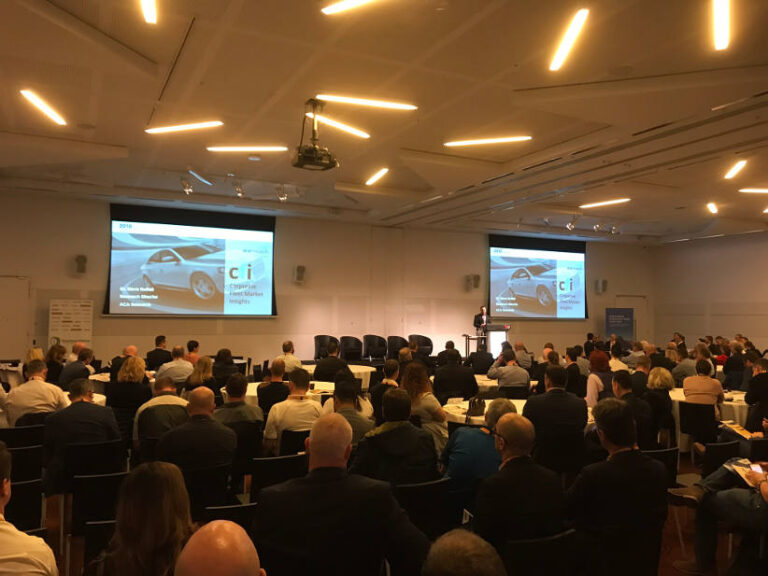– By Marc Sibbald –
I arrived late due to a delayed flight from Sydney but the main plenary room for the opening session was packed. I tried to count the tables and heads but there were extra seats at the back of the room so I gave up. It was definitely more than last year .
Speaking to Mace Hartley, AfMA Executive Director, during the day he confirmed that conference attendance was up 18% compared to 2017 and there were 290 people booked for the dinner.
“The conference is about learning and development for the industry and the uplift in numbers combined with the broader range of attendees shows that we are gaining credibility and recognition of this from our members” said Hartley.
“This year our supplier members have sent operational staff to increase their understanding of industry issues and challenges. And at the start of the day we recognised the people that had completed the Diplomas of Leadership and Management at Swinburne as emerging industry leaders”.
“As an annual event networking is a key part of the conference and exhibition. This year we have tried to deliver more to the members and attendees through better learning and development opportunities; and I think we’ve achieved this on day one”.
So I missed the first 30 minutes but the presentation from Steve Bletos, Senior Research Analyst from the VACC, that I saw was full of useful insights for the huge audience.
The first quote I heard as I got my pen ready was, “It will be a smaller and leaner industry in the future. Businesses need to be able to adapt to the charging environment”. Wow – what a way to hit them between the eyes.
Bletos was finishing a section of his presentation on electric vehicles and the changes expected in industry as there is greater adoption. He shared some research by the VACC that estimated that 2,000 automotive businesses will close and 5,900 jobs will be lost if 20% of new car sales are converted to electric vehicles. The size and speed of the decline will depend on the pace of EV adoption but its not all gloom and doom.
Opportunities will be created with training and recruitment. Mechanics (or Technicians) will use different skills related to computers and electronics. The openings at a junior level will still be available to setup a foundation in a diverse and well paid industry. As EVs are seen in the suburbs, the attitudes of parents and career councillors will change as the trade becomes interesting again.
The opening presentation concluded on a positive note from Bletos when he described a new world of mobility which meant less vehicles and less drivers but more utilisation and larger fleets. He suggested that the data generated from vehicle movements could generate more revenue than the sales of new cars. And won’t the world look different then.






